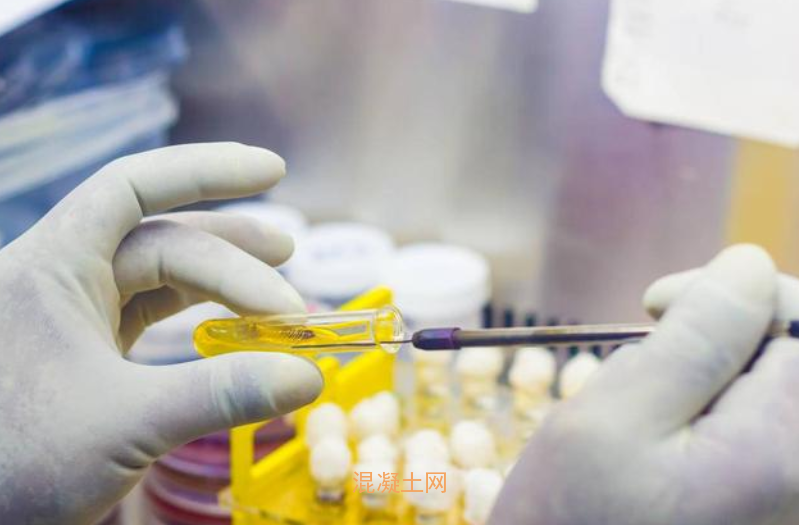Noticias
- Noticias
Researchers use bacteria to enhance the freeze-thaw resistance of concrete
2022-06-14
Core tip: in a paper recently published in the Journal of cleaner production, researchers from the Department of civil engineering of Xi'an Jiaotong Liverpool University added denitrifying bacteria to recycled coarse aggregate (RCA) to enhance the strength and durability of concrete. Treated recycled coarse aggregate concrete can withstand up to 225 freeze-thaw cycles, 75 times more than untreated concrete, especially suitable for wide use in cold areas.
Concrete is one of the most widely used materials in architecture because of its low cost, high compressive strength and convenient manufacture. However, with the acceleration of urbanization, natural aggregates such as sand and gravel for mixing with concrete have been in short supply. Although recycled materials can replace natural materials to produce recycled coarse aggregate concrete (RCAC), they may cause various problems. Especially in cold areas, the daily freeze-thaw cycle will damage the concrete and cause safety problems.
In a recent paper published in the Journal of cleaner production, researchers from the Department of civil engineering of Xi'an Jiaotong Liverpool University added denitrifying bacteria to recycled coarse aggregate (RCA) to enhance the strength and durability of concrete. Treated recycled coarse aggregate concrete can withstand up to 225 freeze-thaw cycles, 75 times more than untreated concrete, especially suitable for wide use in cold areas.

Traditional methods are not sustainable
Professor Chee Seong chin, the corresponding author of the paper, said that the traditional methods to improve the freeze-thaw resistance of concrete are unsustainable in the long run. "Traditional methods include reducing the water cement ratio and increasing chemical admixtures, which substantially increases the use of chemicals and will have an adverse impact on sustainable development."
"In contrast, we propose an environmentally friendly solution that uses denitrifying bacteria, which neither contain nor produce toxic or polluting substances." He said.
Less water absorption
Professor chin said that to improve the freeze-thaw resistance of recycled coarse aggregate concrete, it is very important to reduce the water absorption.
In the freeze-thaw cycle, water will penetrate into the concrete and produce cracks in the structure, reducing its durability. This is because the volume of water expands when it freezes. The more water, the greater the expansion, and the greater the expansion, the greater the damage. "The recycled coarse aggregate has loose structure and high porosity. If it is directly used in the concrete without bacterial treatment, it is bound to increase the water absorption. The denitrifying bacteria can block the pores of water and effectively reduce the absorption of free water in the concrete by 33%." He introduced that this method can block the water absorption from the outside, so as to reduce the internal expansion.
More stable structure
Professor chin said that bacteria can also improve the ability of concrete to resist frost expansion by creating a more stable structure. "The pores in recycled coarse aggregate concrete will be filled with calcium carbonate crystals produced by denitrifying bacteria, and the denser structure can reduce the expansion effect of chilled water."
"Our experiments show that denitrifying bacteria can increase the compressive strength and tensile splitting strength by 30.3% and 20.3% respectively. In addition, bacteria will consume excess calcium hydroxide in the process of biomineralization, making concrete more frost resistant. Generally speaking, calcium hydroxide between aggregate and cement matrix will have adverse effects on strength and durability."

Derechos de autor © 2015-2026 Fujian Xinda Machinery Co., Ltd..Todos los derechos reservados.Funciona con dyyseo.com